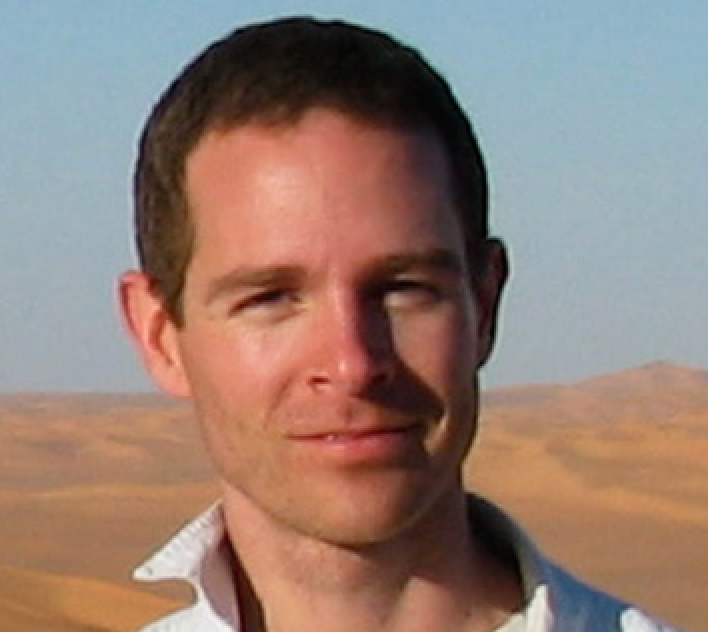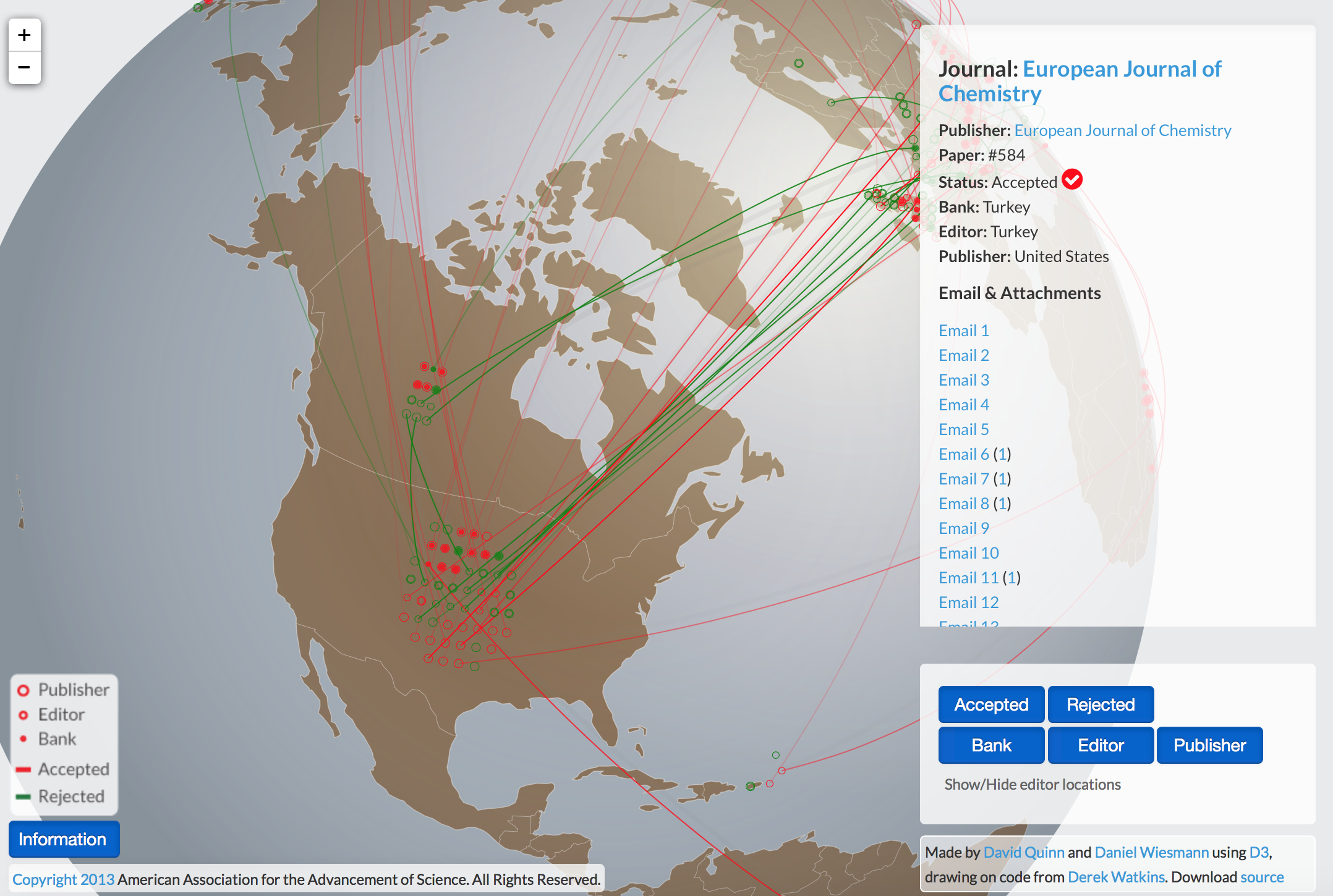YOU ARE HERE: Peer Review
Each week, we like to cover topics with global importance but with relevance to you.
Science is Based on a simple idea. Trust, but verify. Peer reviews and other safe guards are there to catch fake or wrong research. There is evidence scientists are doing too much trusting and not enough verifying. Science publications have been challenged by open access journals which you need to pay for publication, but access. And this model has attracted its own criticism. One Harvard researcher looked into the standards of open access journals, and he says the research is worrying.



John Bohannan is a biologist and science journalist at Harvard University. He published a study revealing a new treatment for cancer and was accepted in over 150 journals. The problem is, the study was a fake... and this is his story. Listen!
This piece features interviews from the academic science publishing industry. One of the publishing companies Bohannan sent his work to was the Public Library of Science, a nonprofit open access publishing library. Cameron Neylon, the advocacy director, explains how Bohannan's piece went through their peer review process.
Heather Joseph, the executive director of the Scholarly Publishing and Academic Resources Coalition, says Bohanna's study is an open opener for open access journalism,but is still flawed in his experiment.
Bohannan isn't the only one to have published a fake paper. Phil Davis, a researcher and analysis for scientific societies and their publishing arms, says his experiment years ago was only an anecdote of Bohannan's assessment. He shares his investigative study and the backlash he received from a higher power of the open access movement. He says he will never be able to do what he has done again because it's one of those dangerous things you go after essentially people in high places.
Read John Bohannan's piece click here and here.
